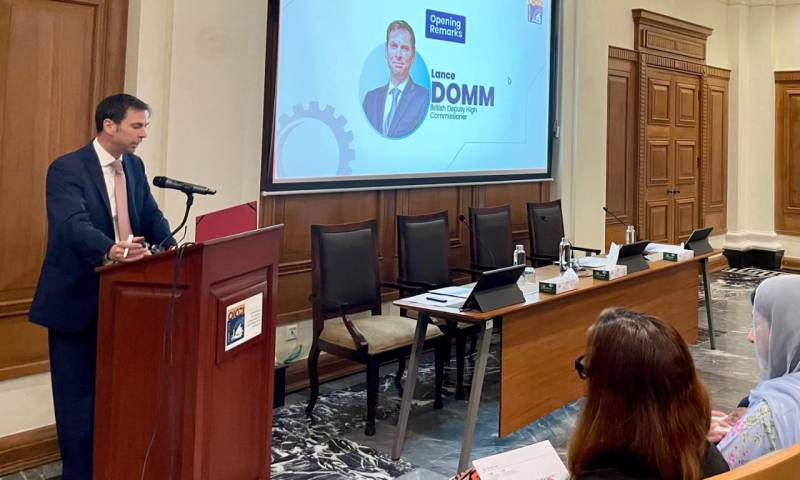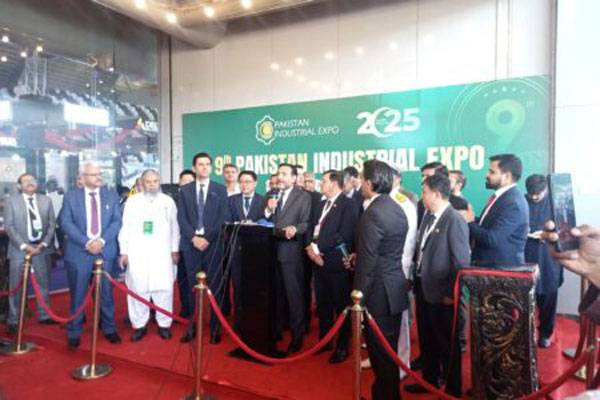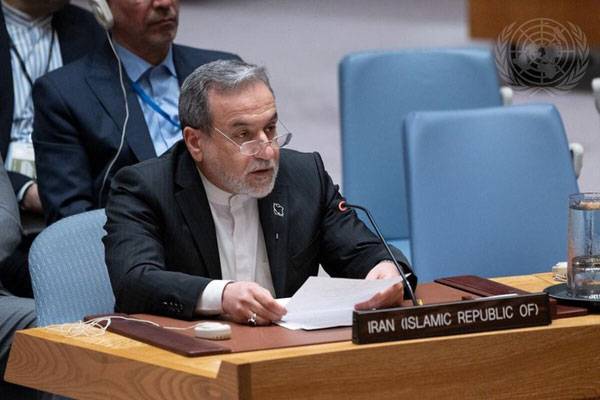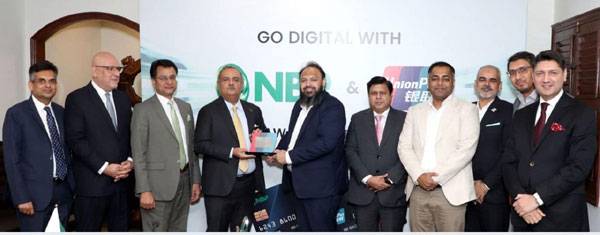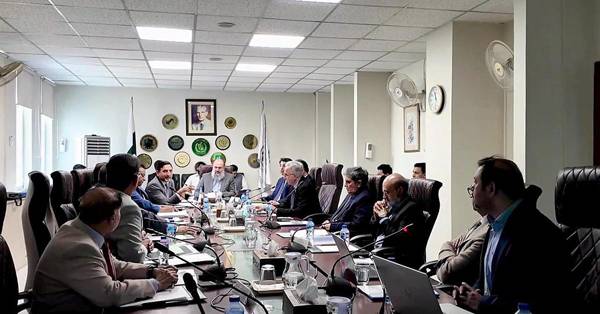

ISLAMABAD – Federal Commerce Minister Jam Kamal Khan Friday chaired a high-level meeting of the Trade Review Committee to assess Pakistan’s trade performance during the Financial Year 2024–25. The meeting brought together senior officials of the ministry to review sector-wise progress and chart forward strategies amid persistent global trade challenges.
Despite facing continued global headwinds including tariff tensions, slowdowns in major markets, intensifying price competition, and geopolitical uncertainties, Pakistan’s export sector displayed resilience. Total exports rose to $31.75 billion, up from $30.76 billion in FY 2023–24 — a notable gain driven primarily by robust performance in value-added and emerging sectors.
Among the leading contributors to this growth were:
• Textile and Apparel Sector:
• Knitted garments surged by 15pc
• Woven garments up 16 percent
• Home textiles recorded a 9pc increase
• Non-Traditional and Value-Added Exports:
• Tobacco and cigarettes saw a remarkable 135 percent increase
• Plastic products grew by 17 percent
• Cement exports rose by 25 percent
• Pharmaceuticals and ICT-related services also continued to gain traction
Minister Jam Kamal Khan praised the performance of these sectors, especially the growth seen in diversified and non-traditional exports, which are critical to Pakistan’s long-term trade sustainability. On the import side, a 24 percent increase in capital goods was observed — a sign of reviving industrial activity and rising consumer confidence in the economy.
Key Directives by Minister
During the meeting, the commerce minister issued several strategic directives to sustain and accelerate export growth:
• Country-specific export plans to be developed, with a strong focus on emerging and non-traditional markets.
• Establishment of a Trade Alert System to provide real-time responses to global trade disruptions, including SPS/TBT concerns and trade remedy actions.
• Revitalisation of Sectoral Export Councils to ensure effective private sector consultation and evidence-based policymaking.
• Adoption of Artificial Intelligence and data analytics for smarter trade intelligence, product-market alignment, and strategic global marketing.
• A comprehensive national strategy for services exports, focusing on ICT, freelancing, and creative industries, to be developed as a priority.
Speaking at the conclusion of the meeting, Minister Jam Kamal Khan stated: “Our export growth, especially in value-added and non-traditional sectors, reflects the resilience and adaptability of Pakistan’s trade ecosystem. The government remains fully committed to supporting the business community, expanding market access, and ensuring Pakistan leverages every bilateral and multilateral framework available. Trade is central to our economic transformation and job creation strategy, and the ministry will continue to facilitate, innovate, and deliver.”
The meeting concluded with a strong reaffirmation that the Ministry of Commerce is committed to building a resilient, diversified, and competitive export base, aligned with national development goals.
Meanwhile, Federal Minister for Commerce Jam Kamal Khan met with outgoing Dutch Ambassador Henny Fokel de Vries in Islamabad for a comprehensive farewell meeting that focused on strengthening bilateral trade, investment, logistics cooperation, and cultural understanding between Pakistan and the Netherlands.
The discussion centred on advancing trade ties and unlocking potential in sectors such as agriculture, green energy, and digital services. The minister highlighted Pakistan’s strategic location near Africa, Central Asia, and the Gulf, offering connectivity and market access advantages. He also shared the government’s progress toward finalising a Free Trade Agreement (FTA) with the GCC, which would give Pakistani businesses entry into 12 key markets. Ambassador Vries acknowledged growing Dutch corporate interest in Pakistan despite past challenges. She noted that Dutch firms such as FrieslandCampina remain committed to long-term operations in Pakistan. In response, Minister Jam Kamal reaffirmed the government’s focus on improving the ease of doing business, building investor confidence, and facilitating faster policy support for foreign companies.
He emphasised that Pakistan values companies contributing to employment, innovation, and export diversification. The two sides also discussed Pakistan’s logistics modernisation efforts and opportunities for Dutch expertise in port infrastructure, supply chain efficiency, and agriculture-based industrial innovation. Minister Kamal further proposed launching a trade roadshow across the Netherlands, Germany, and Belgium to attract European investment and expand market presence. The growing role of Dutch-Pakistani entrepreneurs in connecting both economies was also appreciated, with Ambassador Vries noting that second- and third-generation diaspora members are increasingly engaged in bilateral business ventures. She praised Pakistan’s youthful entrepreneurial energy and suggested more consistent branding of the country’s potential to European audiences.
The meeting concluded with warm sentiments and a symbolic gesture from the minister. As a parting gift, he presented Ambassador Vries with a handmade mud pot crafted by local artisans, highlighting Pakistan’s rich cultural heritage. The ambassador, moved by the thoughtful gift, admired its extraordinary lightness and artistry, calling it a reminder of Pakistan’s deep-rooted traditions and elegant simplicity. Both sides expressed optimism about the future of Pakistan-Netherlands relations and agreed on the importance of continuous engagement through diplomacy, business, and people-to-people connections.


